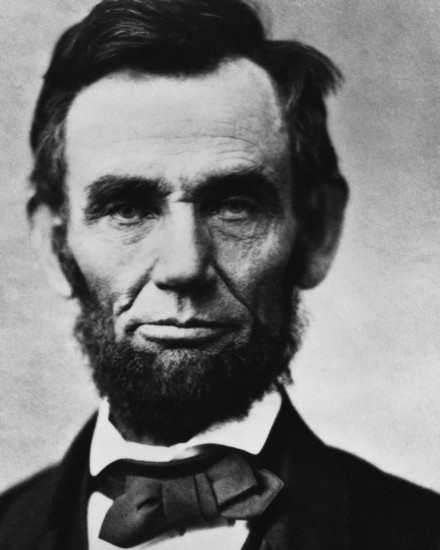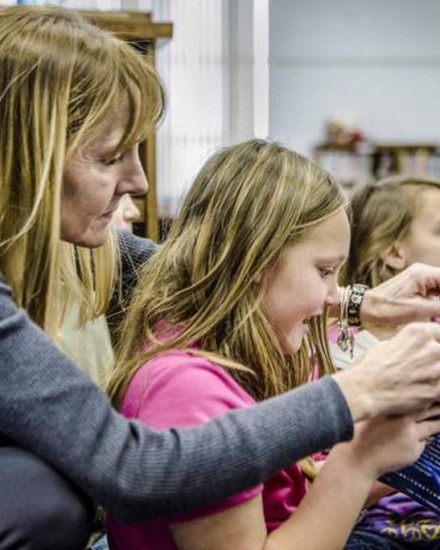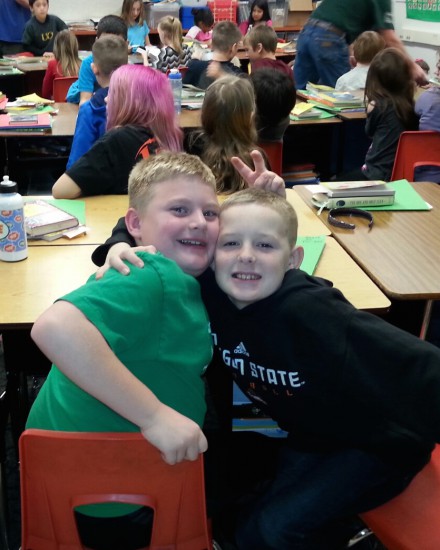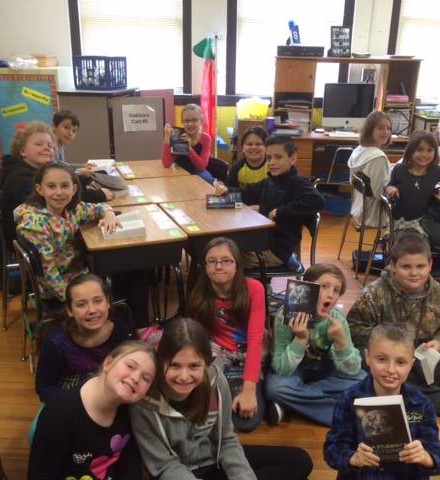Word of the Day: Summit
sum·mit /ˈsəmət/, noun: 1. the highest point of a mountain or hill “It is very lonesome at the summit! Like a man’s life, when he has climbed to eminence.” Nathaniel Hawthorne, 1804 – 1864 “Soldiers, think of it, from the summit of these pyramids, forty centuries look down upon you.” Napoléon Bonaparte, 1769 – 1821 2. a meeting between heads of government “It is... Read More
Word of the Day: Rejoice
re·joice /rəˈjois/ verb: to feel or show great joy or delight “We can complain because rose bushes have thorns, or rejoice because thorn bushes have roses.” Abraham Lincoln, February 12, 1809 – 1865 “Be content with what you have; rejoice in the way things are. When you realize there is nothing lacking, the whole world belongs to you.” Lao Tzu, c. 500 BCE... Read More
Word of the Day: Posture
pos·ture /ˈpäsCHər/ noun: 1. the way in which your body is positioned when you are sitting or standing “A good stance and posture reflect a proper state of mind.” Morihei Ueshiba, 1883 – 1969 “There are thoughts which are prayers. There are moments when, whatever the posture of the body, the soul is on its knees.” Victor Hugo, 1802 – 1885 2. having a... Read More
Word of the Day: Polar
po·lar/ˈpōlər/, adjective: 1. relating to a geographic or magnetic pole “He who exercises government by means of his virtue may be compared to the north polar star, which keeps its place and all the stars turn towards it.” Confucius, 551 BCE – 479 BCE “Polar coordinates aren’t just arctic fashions.” Anonymous graffiti 2. at opposite ends; completely different “Love and hate, despite their polar... Read More
Word of the Day: Passenger
pas·sen·ger /ˈpasinjər/, noun: a person traveling in a vehicle or vessel but not operating it; someone other than the driver or captain “I was the conductor of the Underground Railroad for eight years, and I can say what most conductors can’t say; I never ran my train off the track and I never lost a passenger.” Harriet Tubman, c. 1822 – 1913 “My fate... Read More
Word of the Day: Ambitious
am·bi·tious /amˈbiSHəs/ adjective: having or showing a strong desire and determination to succeed; driven to achieve “It is a paradoxical but profoundly true and important principle of life that the most likely way to reach a goal is to be aiming not at that goal itself but at some more ambitious goal beyond it.” Arnold J. Toynbee, 1889 – 1975 “The tallest Trees are... Read More
Word of the Day: Passion
pas·sion /ˈpaSHən/, noun: 1. strong and barely controllable emotion, especially the emotion of love, anger, or hate 2. ambition that is materialized into action to put as much heart, mind, body and soul into something as is possible “My mission in life is not merely to survive, but to thrive; and to do so with some passion, some compassion, some humor, and some style.”... Read More
Word of the Day: Good
Good /ɡo͝od/ 1.adjective: of a favorable, virtuous, or commendable character or tendency “It is very important to generate a good attitude, a good heart, as much as possible. From this, happiness in both the short term and the long term for both yourself and others will come.” Dalai Lama “Good people do not need laws to tell them to act responsibly, while bad people... Read More
Word of the Day: Challenge
chal·lenge /chăl’ənj/ 1. noun: an offer to test ability or skill “How you respond to the challenge in the second half will determine what you become after the game, whether you are a winner or a loser.” Lou Holtz, 1937 – “The ultimate measure of a man is not where he stands in moments of comfort and convenience, but where he stands at times... Read More
Word of the Day: Thought
thought /THôt/, noun: 1. an idea, plan, opinion, picture, etc., that is formed in your mind “To base thought only on speech is to try nailing whispers to the wall. Writing freezes thought and offers it up for inspection.” Jack Rosenthal, 1935 – 2. the act or process of thinking example: The thought of leaving never crossed my mind. 3. verb: past and past... Read More









